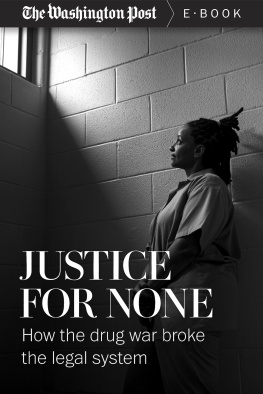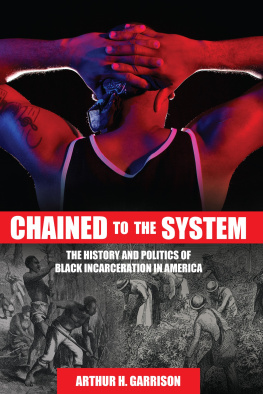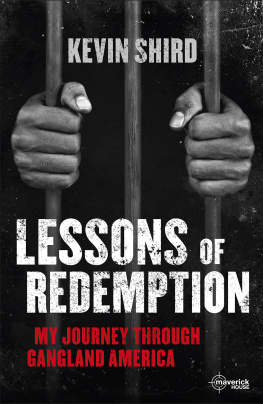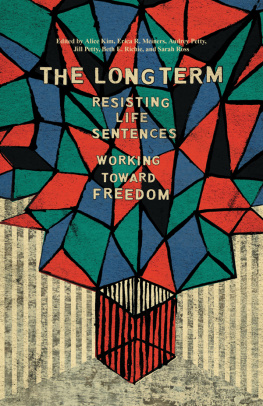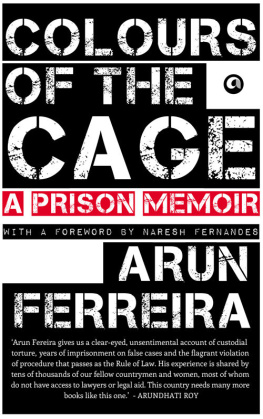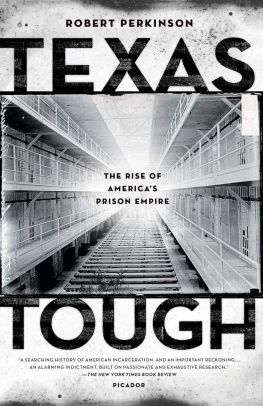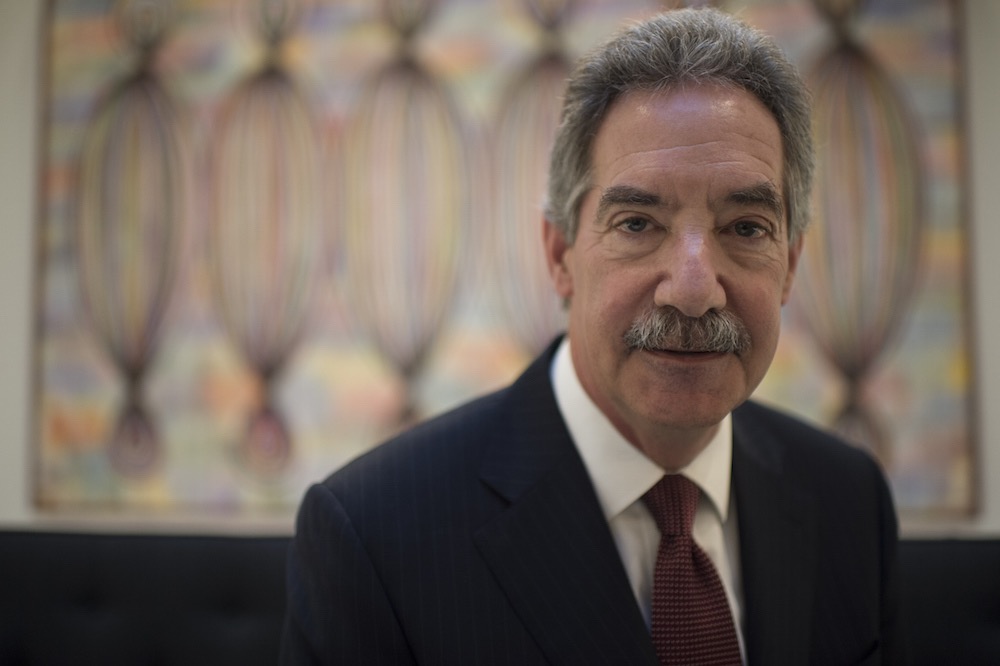Connect with Diversion Books
Connect with us for information on new titles and authors from Diversion Books, free excerpts, special promotions, contests, and more:
More from The Washington Post
Get the latest news and essential information directly in your inbox from The Washington Post.
Sign up for free e-newsletters and alerts.
Connect with The Washington Post on Twitter @washingtonpost and on Facebook.
Learn more about The Washington Post Series:
Struggling to fix a broken system
By Sari Horwitz
December 5, 2015
The summer after President Obama began his second term in office, he and then-Attorney General Eric H. Holder Jr. were relaxing and watching fireworks from a porch on Marthas Vineyard. Holder was about to interrupt his family vacation to fly to San Francisco and deliver a speech unveiling their plans to make the most significant changes in the countrys criminal justice system in decades.
Im the only one who hasnt seen your speech, Obama said teasingly to Holder while the two enjoyed drinks and appetizers at the rented beach house of the presidents senior adviser, Valerie Jarrett.
But the president really already knew what Holder planned to say.
The text was the culmination of countless conversations over the years between Holder and Obama about how this country prosecutes and incarcerates its citizens. Obama had seen the racial disparities of the decades-long war on drugs as a community organizer on the South Side of Chicago; Holder experienced them as a former D.C. judge and prosecutor. The two men met in 2004 at a small Washington dinner party shortly after Obama was elected to the Senate, and there was an instant connection. We share a worldview, Holder said recently. We kind of feel each other.
Now, they were finally ready to act. Some of Holders top advisers were nervous about his speech, which was to be delivered before the American Bar Association, and wanted him to take out a word they thought was too strong. Early in the presidents term, Holder had set off a political firestorm by slipping a controversial phrase into a speech without running it by the White House first. But this time, he knew the president had his back, and Holder left the word in.
While I have the utmost faith in and dedication to Americas legal system, we must face the reality that, as it stands, our system is in too many ways broken, Holder told the hundreds of lawyers who filled the Moscone Center West that morning in August 2013, emphasizing the much-debated word: broken.
Laying out a three-part plan he called Smart on Crime, Holder said that he was directing his prosecutors nationwide to stop bringing charges that would impose harsh mandatory minimum sentences, except in the most egregious cases.
He called for more compassionate release of aging and ill inmates, more drug diversion programs as alternatives to prison and spoke of shameful sentencing disparities, a hint of Obamas plans to use his clemency power to correct the disparities and release certain drug offenders early.
Holders remarks were interrupted with applause, and he received a standing ovation at the end. As he left the podium, an ABA official leaned over. Courageous speech, he said. It was front-page news across the country.
Nearly 21/2 years later, the administrations major criminal justice overhaul has yielded mixed results. Obama and Holder helped launch a national conversation about mass incarceration. Last year, federal prosecutors pursued mandatory minimum sentences at the lowest rate on record and sentencing reform legislation with bipartisan support has been introduced in Congress.
But some prosecutors are continuing to resist changes to mandatory minimum sentencing. The initiative has also not yet made a significant dent in the number of inmates crowded into federal prisons. Only 25 of the 531 elderly inmates who have applied for compassionate release under the new policy have received it.
And in the key executive action that Obama can take to undo unfair sentences, he has granted clemency to only 89 inmates of the thousands of federal drug offenders who have applied. The president is expected to grant clemency to about 100 prisoners in the coming weeks.
But Holder said he initially thought that as many as 10,000 of the federal prisons nearly 200,000 inmates were potentially going to be released under the new clemency initiative. Other Justice officials say the number is closer to 1,000 or 2,000.
Criminal justice reform advocates are criticizing the president for moving too slowly and are calling on him to speed up the clemency process before his administration runs out of time.
Given the presidents repeated concern about the numbers of people in prison serving excessive sentences, he has done little to alleviate the problem through clemency, said Julie Stewart, president and founder of Families Against Mandatory Minimums. The president has all the constitutional authority he needs to do the right thing. Failure here cannot be blamed on partisanship in Congress. If the president wants to correct past injustices, he can.
Smart on Crime tour
The real planning for how to unwind the countrys war on drugs began the summer before Holders speech. He and Obama anticipated a successful second-term election. They were past the financial crisis and the presidents fight for health-care reform. Holder had survived a bruising battle with Congress over the release of internal Justice documents in the aftermath of a botched gun operation.
Lets go big, Holder recalls Obama saying that August, again on the Vineyard. Its gutsy. Its risky. But its something we ought to do.
A few months later, in January 2013, Holder directed his senior Justice officials to break into groups and bring him recommendations. Holder and Obama were concerned about the backlash. Could they pull off this huge reversal of drug policy and sentencing? Would they be accused by Republicans of being soft on crime?
The pushback did come but it was from within Holders department. In U.S. attorneys offices around the country, some prosecutors were supportive of the new policy, but others grumbled that Holder was taking away their most effective tool to get cooperation from drug offenders. The organization representing line prosecutors wrote a letter to Holder and then went over his head and sent letters to top congressional leaders, urging them not to change the sentencing rules.
During the fall of 2013, the responsibility to calm the troops mostly fell to Holders deputy attorney general, James M. Cole. He had visited federal prisons, seen the chaos and overcrowding firsthand and learned that one-third of the Justice Departments $27 billion budget going toward prisons was taking away money from the FBI and other law enforcement operations.
James M. Cole, Holders deputy attorney general, traveled to U.S. attorneys offices and tried to persuade prosecutors to support the huge reversal of drug policy and sentencing. He was also responsible for recommending to the White House inmates for clemency. (Nikki Kahn/The Washington Post)

